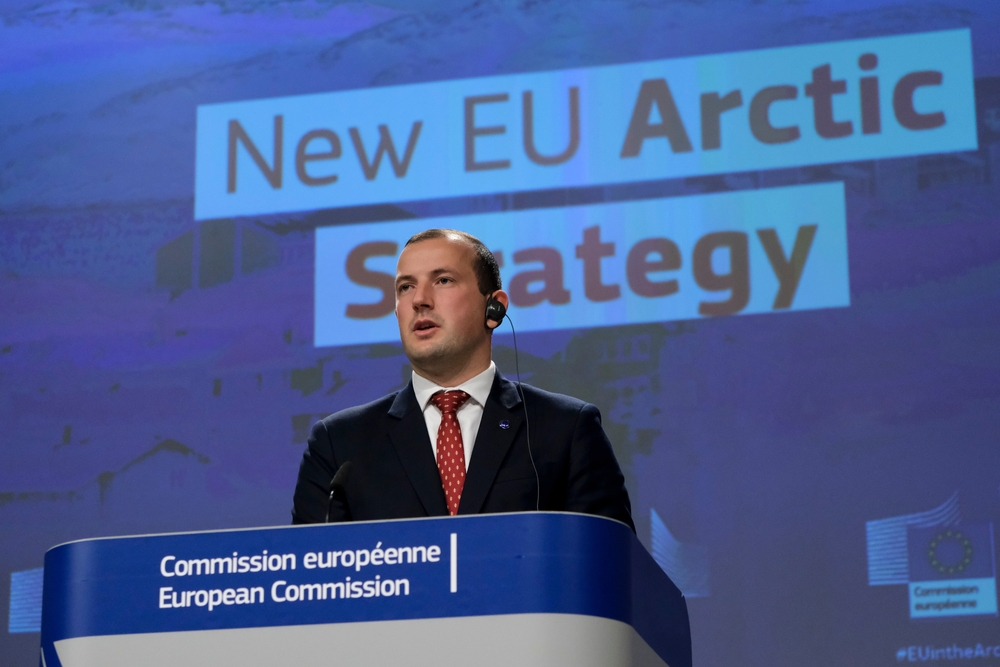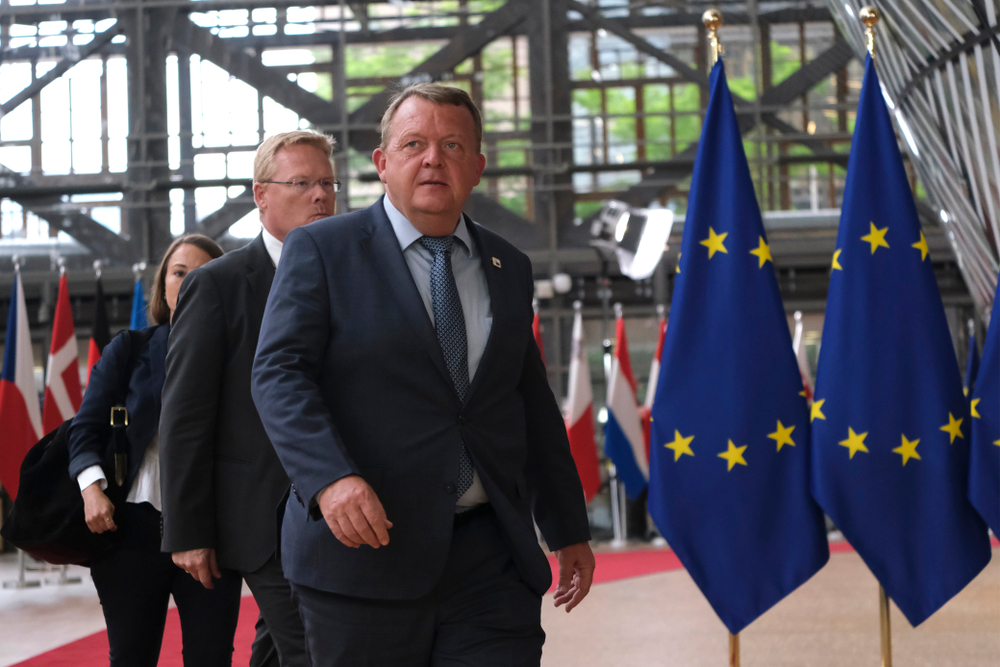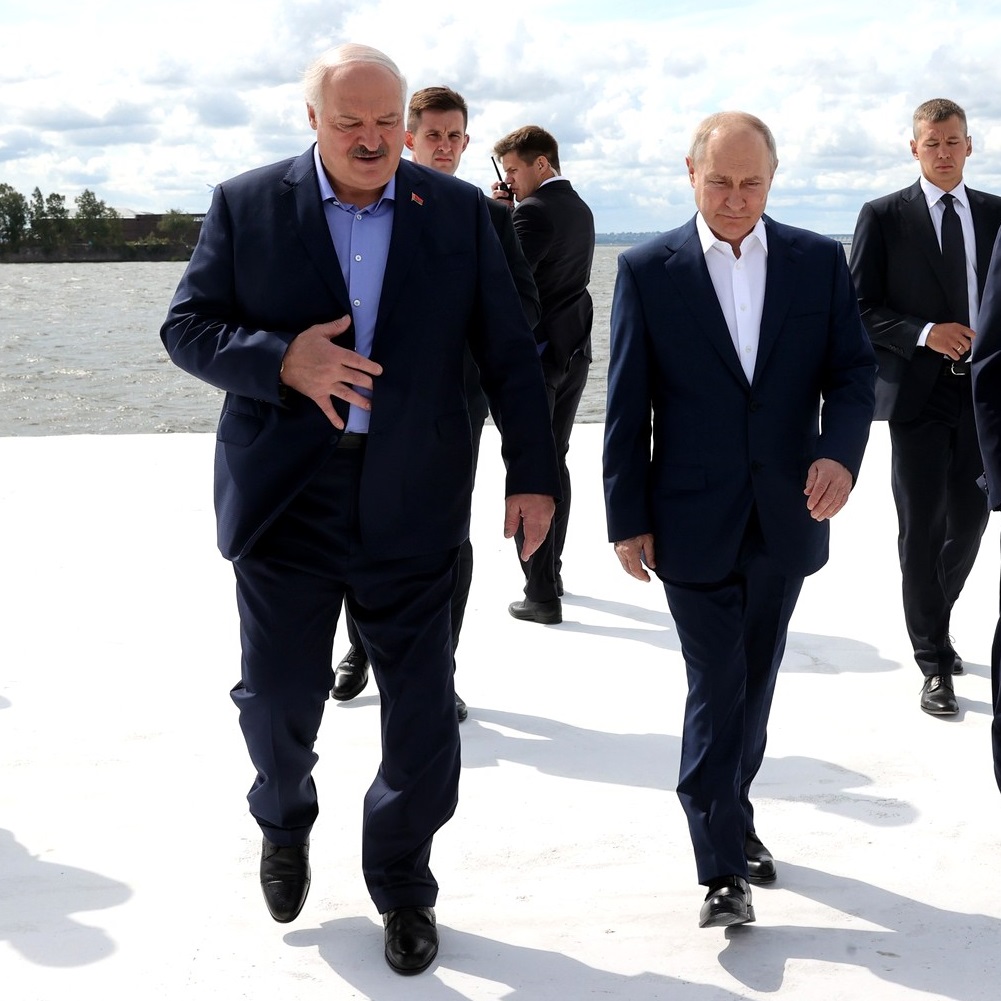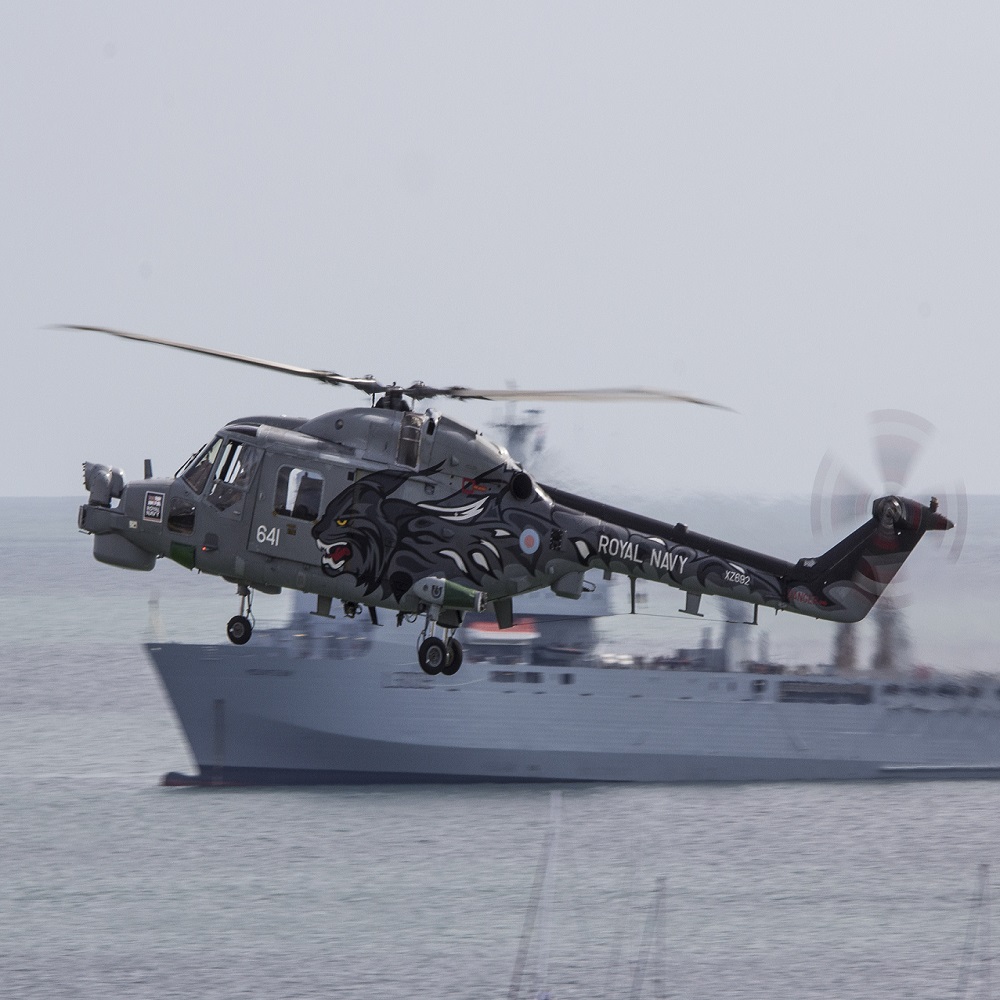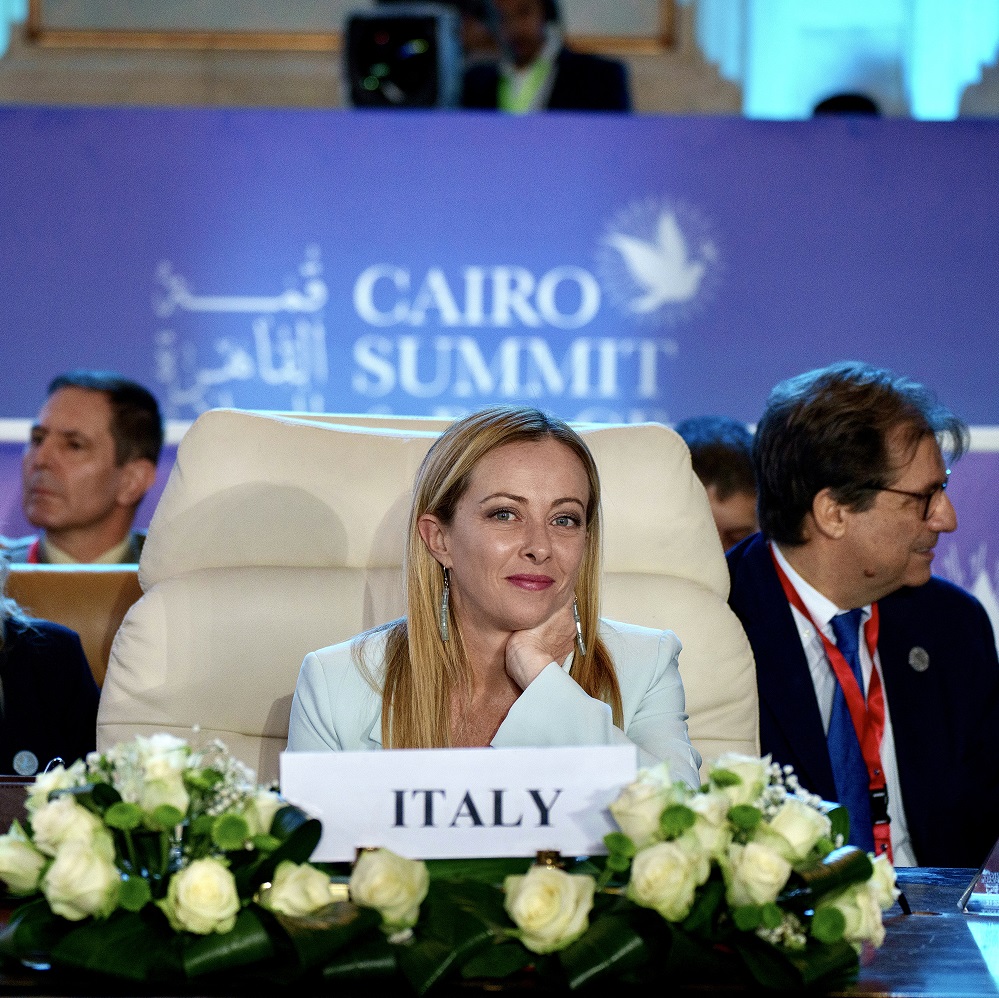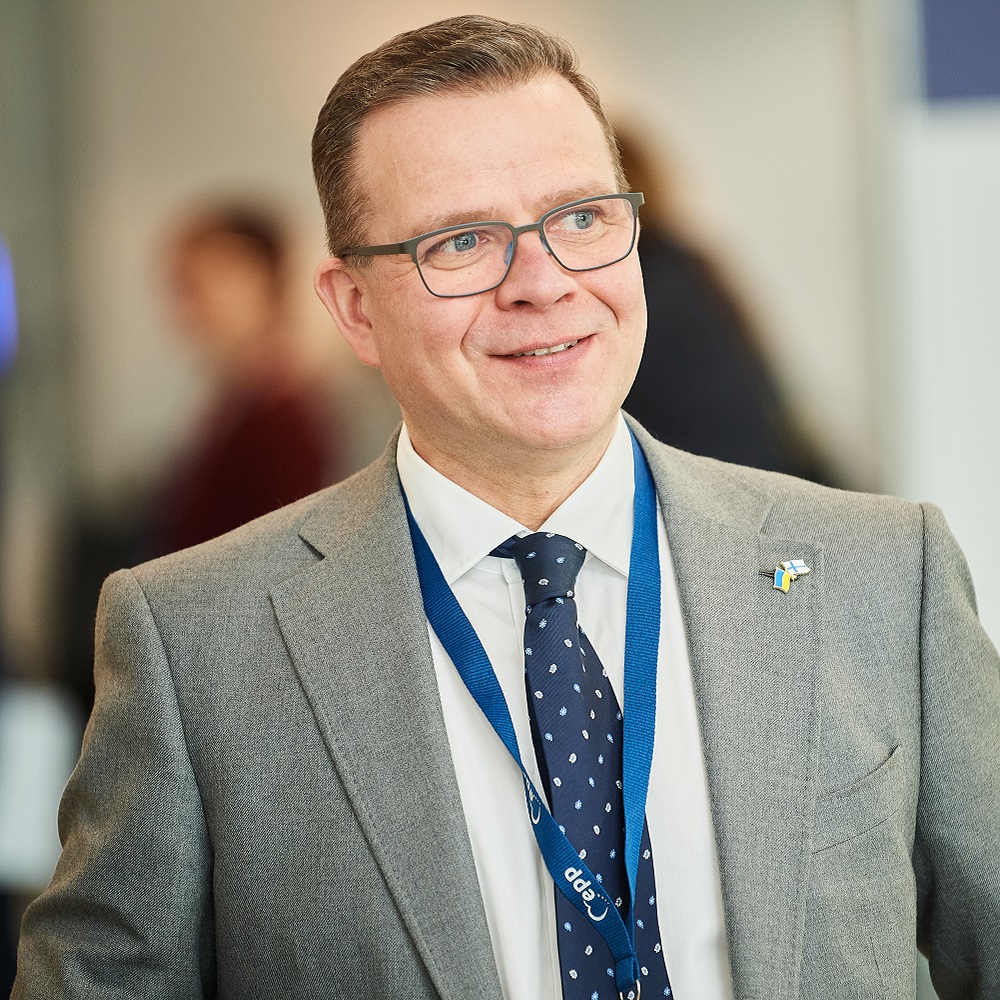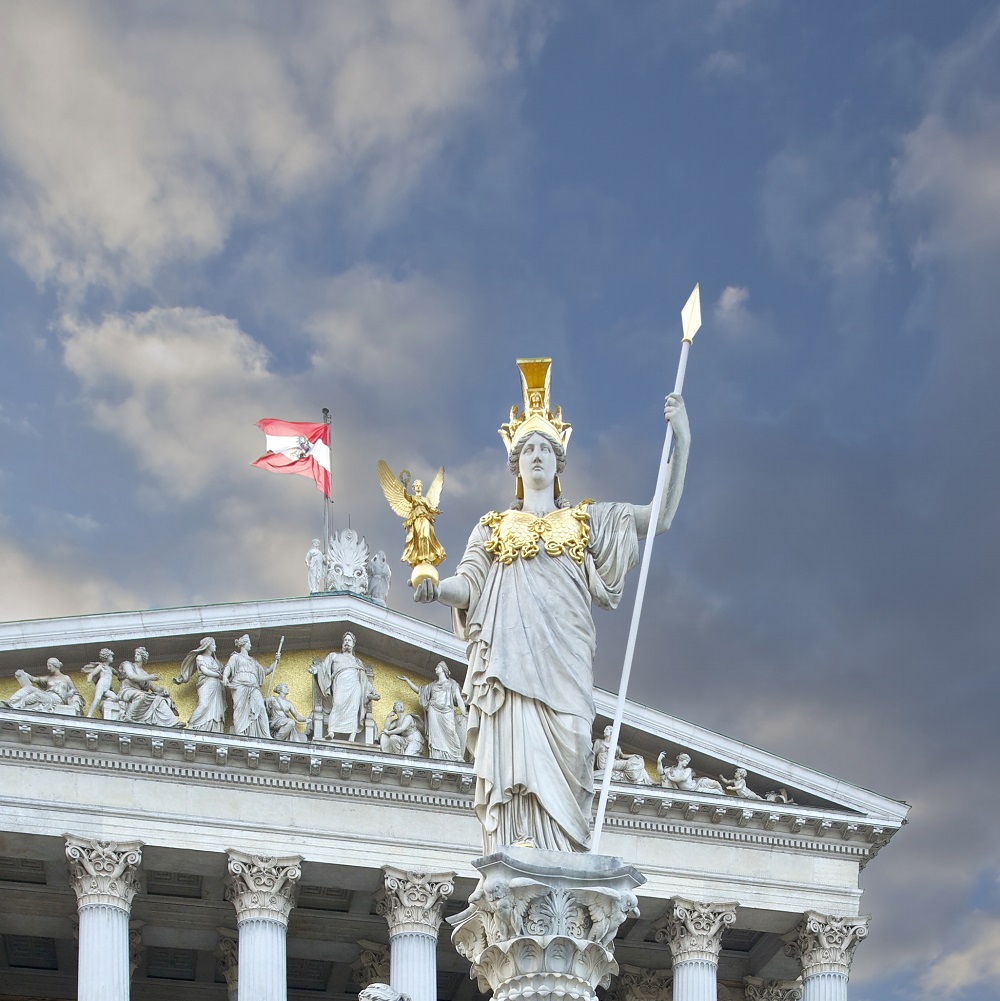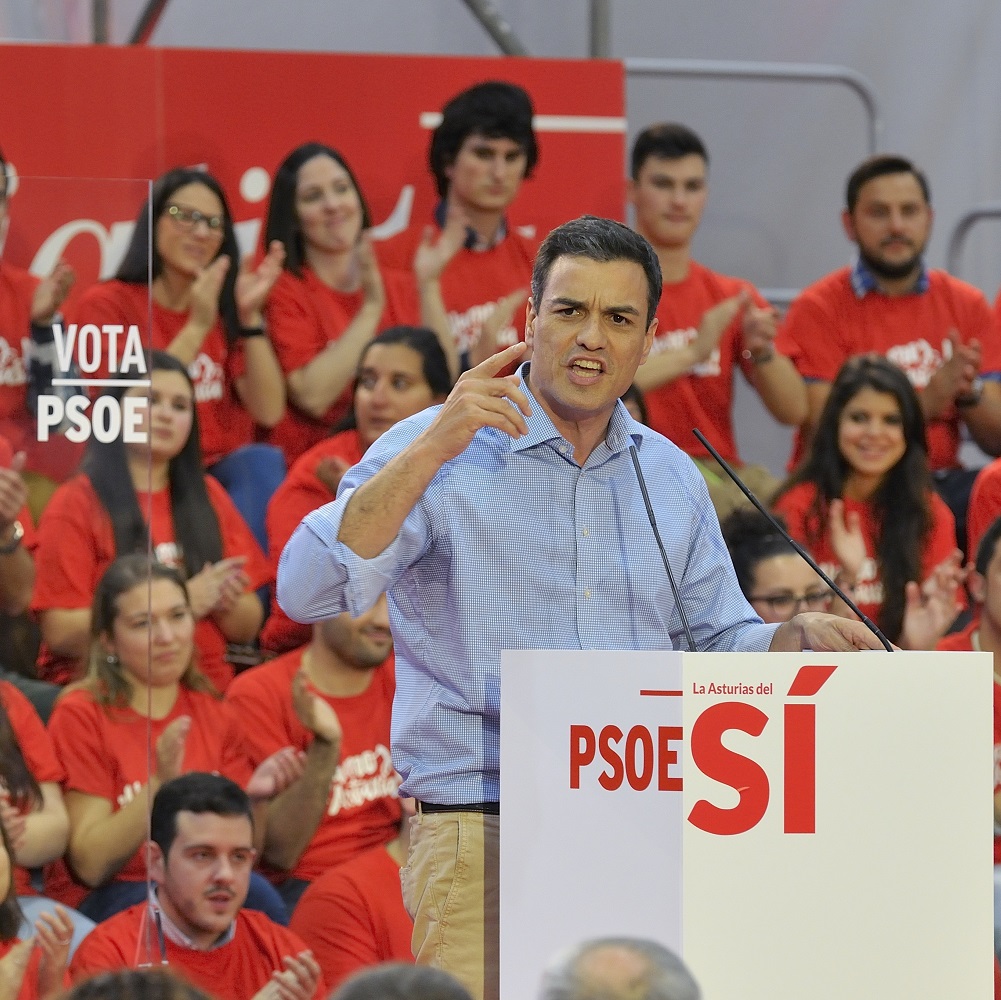
NATO’s Vilnius summit: the consequences for the Allies
by Dick Zandee
Ukraine was the major topic discussed at the NATO summit in Vilnius, the Alliance capital closest to Kyiv. President Zelensky’s call for a clear timetable for his country’s membership dominated the political debate. Less attention was given to the topic with the biggest impact on the Allies: the radically changed requirements for NATO’s deterrence and defense posture. The Vilnius summit has blessed the new defense plans, for which the member states “commit the necessary forces, capabilities and resources”. What does this imply for the NATO countries? This article analyzes the consequences of the new NATO requirements, broken down into four themes: budgets, force structure and capability requirements, readiness, and military presence on the Eastern Flank. In 2014, at its Wales summit, NATO Allies committed to spending 2% of their Gross Domestic Product (GDP) on defense no later than 2024. The forecast is that 19 of the 29 European NATO Allies will have realized the 2% target in 2024. As Iceland has no armed forces, the total number can be lowered to 28. It implies that approximately one third of the European Allies do not live up to the Wales commitment ten years on. Even worse, some Allies have already announced that they will not realize the target even by 2030. The Vilnius language – the 2% GDP target is “a minimum” from now on – stands in stark contrast to these facts. BUDGETS - MONEY SPENT ON DEFENSE The input issue – money spent on defense – continues to present a divided NATO, composed of three categories of Allies: First, the underspenders that will not spend 2% GDP on defense in 2024 and in the years immediately following. The list includes smaller countries such as Croatia, Slovenia and Luxembourg. However, on the minus 2% list one can also find – from North to South – Norway, Denmark, Belgium, Italy, Spain and Portugal. Denmark has set the aim of reaching the 2% target by 2030 and Belgium even later, by 2035. Second, the correct spenders: Allies that have taken measures to achieve the 2% target in 2024, thus fulfilling the Wales target. However, they will face the challenge of living up to a minimum of 2% after 2024. This applies to Germany, the Netherlands and others, who have not made firm commitments to live up to the Vilnius “minimum” target of 2% GDP. The third category is the overspenders, comprising Allies spending more than 2% now or in the future. This group includes the countries close to Russia – the Baltic states and Poland – but also major Allies such as the United Kingdom and the United States. The champion is no longer the US (3.49%) as Poland will spend 3.9% GDP on defense in 2023. Due to the mix of underspenders, correct spenders and overspenders, the overall European average will rise to almost 2.05% in 2024, but it is clear that the burden within Europe is not equally divided among all Allies. This sends the wrong signal to Russia and it undermines the European aim to become self-reliant for its security and defense. Furthermore, there is the issue of ensuring sustained investment over the long term. For restructuring the armed forces and realizing defense equipment procurement plans, more time is needed than the duration of an average government Atlantisch perspectief 21 term (4-5 years). A change of government after elections may lead to redrafting the defense budget and defense plans, in particular when economic circumstances are deteriorating as was the case in 2010 and in the years that followed. For defense investment, predictability and continuity are required. The solution is to agree on a long-term national defense investment fund for a period of up to at least 10 years. Naturally, parliaments would have a final say in the annual approval of the budget within the overall financial framework of a long-term defense investment fund. From the perspective of adapting and modernizing the armed forces of the NATO Allies, such a long-term financial commitment – connected to the defense plans and acquisition programs – should be connected to the political debate on the 2% minimum spending target. Such sustained and guaranteed financial input is absolutely required to achieve the output, based on the NATO requirements. FORCE STRUCTURE AND CAPABILITY REQUIREMENTS Although NATO’s three core tasks of deterrence and defense, crisis prevention and management, and cooperative security remain in place, the Vilnius summit communiqué puts the first task “at the heart of the Alliance.” Based on SACEUR’s requirements, “the planning for our collective defense will be fully coherent with the planning for our forces, posture management, capabilities, and command and control.” The Allies will have to “deliver the full range of forces, capabilities, plans, resources, assets and infrastructure needed for deterrence and defense, including for high-intensity, multi-domain warfighting against nuclear-armed peer competitors.” Region-specific plans will be developed for three areas: Northern Europe (from the Arctic to the Gulf of Finland); Central Europe (from the Baltic states to the Alps) and Southern Europe (from the Black Sea to the whole of the Mediterranean). In terms of command & control (C2), Northern Europe will be covered by the Joint Forces Command (JFC) in Norfolk (Virginia, US), Central Europe by the JFC in Brunssum (the Netherlands), and Southern Europe by the JFC in Naples (Italy). For the NATO countries bordering Russia, this might not entail a great deal of change. The Baltic states and Poland have consistently campaigned for strengthening the Alliance’s force posture for collective defense with an emphasis on high-end warfighting capacities. Their own defense planning and force structures have already been tailor-made for that purpose, and investment is mainly channeled towards modernizing heavy land forces. However, for Allies in Western Europe NATO’s new force structure and capability requirements may lead to amending their defense planning, including taking into account regional plans. For example, the UK-NL Landing Force that has been training for years in Northern Norway, might also be deployed to Finland or Sweden. The Joint Expeditionary Force (JEF), led by the UK, could become an earmarked early-entry force for the Northern Flank. In that case, it might require a more fixed composition of the JEF. In Central Europe, even more emphasis will be placed on strengthening land forces for high-intensity warfighting. Germany and Poland are two key European force providers. Other Allies – such as the Netherlands – will have to deliver dedicated contributions. From now on, NATO plans will ask for brigades, divisions, and army corps instead of the tailor-made task forces that were deployed to Afghanistan and elsewhere. Combined arms will be required instead of infantry-heavy forces for crisis management. More robustness and more firepower, less highly mobile and lightly armed troops are the new characteristics. Jointness and networked operations in all domains (sea, land, air, cyber, and space) are 21st century necessities, requiring high-technology capacities in the digital area and in space, in particular to ensure redundant communications for information-steered, networked operations. The NATO Integrated Air and Missile Defense (IAMD) capacities need to be enhanced and modernized, encompassing all layers of air defense – the importance of which has been shown in the war in Ukraine. Long-range firing delivered by rocket artillery, cruise missiles and other systems will become the norm of the ‘need to have’ for armed forces. This capability also requires a better and more robust C2 architecture and a variety of unmanned aerial vehicles (UAVs), electronic warfare (EW) systems, and other sensors for target acquisition. The Vilnius communiqué refers to continuing “to invest more in advanced and interoperable capabilities across all domains, placing particular emphasis on combat capable, predominantly heavy, high-end forces and capabilities.” This sounds like an evolution, but for many Allies it implies a revolution in defense planning and investment or, in the words of the Chairman of the NATO Military Committee, Admiral Rob Bauer, “unparalleled integration of NATO and national military planning”. READINESS The new NATO Force Model (NFM) was already agreed upon at the Madrid summit in July 2022. According to the NFM, Allies “are delivering a larger pool of dedicated combat-capable forces, including forces at high readiness, improving our military responsiveness, and harnessing regional expertise and geographic proximity.” In the past, the Alliance had the NATO Response Force (NRF) at high readiness (at 5-30-day notice-to-move (NTM)) with the first elements of the Very High Readiness Joint Task Force (VJTF) at very short NTM (within 48 hours). The 40,000-military-strong NRF will be replaced by the Allied Reaction Force (ARF), that can provide a quickly deployable NATO response option to threats or crises wherever they occur. Completely new are the tier 1-3 high readiness forces: over 100,000 in tier 1 with a NTM of up to 10 days; around 200,000 in tier 2 (NTM 10-30 days) and at least 500,000 in tier 3 (30-180 days NTM). With these new readiness requirements the number of forces that Allies will have at readiness levels up to 30 days has increased by almost a factor of 10. For the NRF, NATO Allies were making available, on rotation, companies, battalions, battle groups and comparable air and naval units. In the NFM, brigades and divisions, full squadrons and naval task groups will have to be ready to deploy within short timeframes depending on the allocation to tier 1 to 3. This will pose enormous challenges to Allies, not only in terms of personnel but equally in operationally ready-to-deploy equipment, enablers (such as transport capacities), and all necessary logistical support. Ammunition stocks will have to be built up to higher NATO norms. Military mobility requirements – all legal arrangements, infrastructure adjustments, transport means, available staging areas and so forth – need to be fulfilled. Naturally, all of this cannot be arranged overnight. It will take at least five to ten years to transform and modernize the Allied forces to fulfil these far-reaching military requirements. The NFM may look simple on paper, but it is the most challenging NATO demand since the end of the Cold War. PRESENCE ON THE EASTERN FLANK Decisions to reinforce NATO’s military enhanced Forward Presence were already taken at the Madrid summit with the following two most important elements: (i) the deployment of battlegroups in four additional Allied countries (Slovak Republic, Hungary, Romania, Bulgaria), and (ii) scaling up the NATO battle groups to brigade-size formations where and when required. At the time, the UK, Canada and Germany announced that their battle groups in respectively Estonia, Latvia and Lithuania would be scaled up to brigades. The additional troops were not to be stationed permanently in the three Baltic states. Brigade headquarters would be established and the equipment for these brigades would be prepositioned in those countries. The model envisaged that troops would be transferred from their home bases in times of crisis or for exercises. Two weeks before the Vilnius summit, the German Defense Minister Boris Pistorius announced that his country would station a ‘robust brigade’ with 4,000 troops in Lithuania. Without openly saying so, Pistorius presented a change to the concept announced by Germany the year before. Not only will the brigade headquarters and the equipment be permanently present in Lithuania, the military personnel of a combat brigade are to be located forward as well. On the eve of the Vilnius summit, the Canadian Prime Minister Justin Trudeau announced that his country’s military presence in Latvia would be increased to around 2,200 troops. The Baltic states have pressed strongly for the permanent presence of brigade-sized NATO forces on their soil. NATO itself has met its need by replacing the concept of ‘deterrence by punishment’ by ‘deterrence by denial’ – meaning that every inch of NATO territory has to be defended. The Baltic states have argued that the existing multinational battle groups – suitable for acting as a ‘trip wire’ in case of a Russian attack, but not being able to defend their territory until reinforcements arrive – are no longer suitable for that purpose. Lacking strategic depth, ‘deterrence by denial’ requires the permanent presence of combat-ready NATO forces, at least of brigade size along with the national army units of the three Baltic states. The same requirement would logically apply to the other five countries that house NATO battle groups. Infrastructure to house the troops and preposition the equipment of the NATO combat brigades will have to be built, which will take time and money. Training areas might have to be expanded. Transferring from ‘trip wire’ battle groups to combat brigades also raises the question of what to do with the smaller contributions – often of company size – from other NATO countries. For example, so far the Dutch contribution to the battle group in Lithuania has consisted of rotating companies – often of different compositions (air mobile, light infantry, mechanized). When Germany transforms its battle group to a combat brigade, Berlin might call on the Netherlands army to contribute a mechanized battalion or combat support (such as artillery). In that case, the issue of prepositioning equipment and permanently stationing troops in Lithuania also becomes a defense-planning topic for the Netherlands with financial and other consequences. THE WAY AHEAD NATO summits come and go. Next year, Heads of State and Government will meet in Washington, D.C. for the Alliance’s 75th anniversary. In November 2024, American citizens will elect a new president. The years of strong commitment by the US to supporting Ukraine and NATO may turn into years of retreat, should a Republican president enter the White House. European Allies will be even more pressed to step up their defense efforts than in the current situation. But even should the Democrats win the presidential election, the European NATO countries will face serious challenges in implementing the decisions of the Vilnius summit. In view of the primary focus of the US on the Pacific/East Asia, the pressure on Europe to become more self-reliant is here to stay. Defense budget growth has to be sustained over the long term. Investment in combat-ready forces and logistics including larger ammunition stocks needs to be stepped up, which also requires industrial production to be ramped up. More military personnel will have to be on stand-by readiness, and a larger number of troops have to be deployed to the Eastern Flank. Equipment needs to be prepositioned in the area. NATO’s regional plans will direct national defense planning, investment, training and exercises. They will also channel multinational cooperation, clustering countries located on the Northern, Central-Eastern and Southern European Flanks with those Allies earmarking their forces for the collective defense task in those respective regions. The consequences of NATO’s Vilnius summit have yet to sink in within national political circles. The Alliance’s military authorities and diplomats have delivered an ambitious agenda for “modernising NATO for a new era of collective defence”. All presidents and prime ministers of the Allied countries have committed themselves to implementing the Vilnius decisions. History shows that words are not always followed by deeds, such as in the case of achieving the NATO 2% target. The Russian aggression against Ukraine – violating the principles and norms of the international order – should be more than a wake-up call. Europe now needs to stay awake and invest in its defense to fulfil NATO’s requirements as well as to become more self-reliant for its own security.









